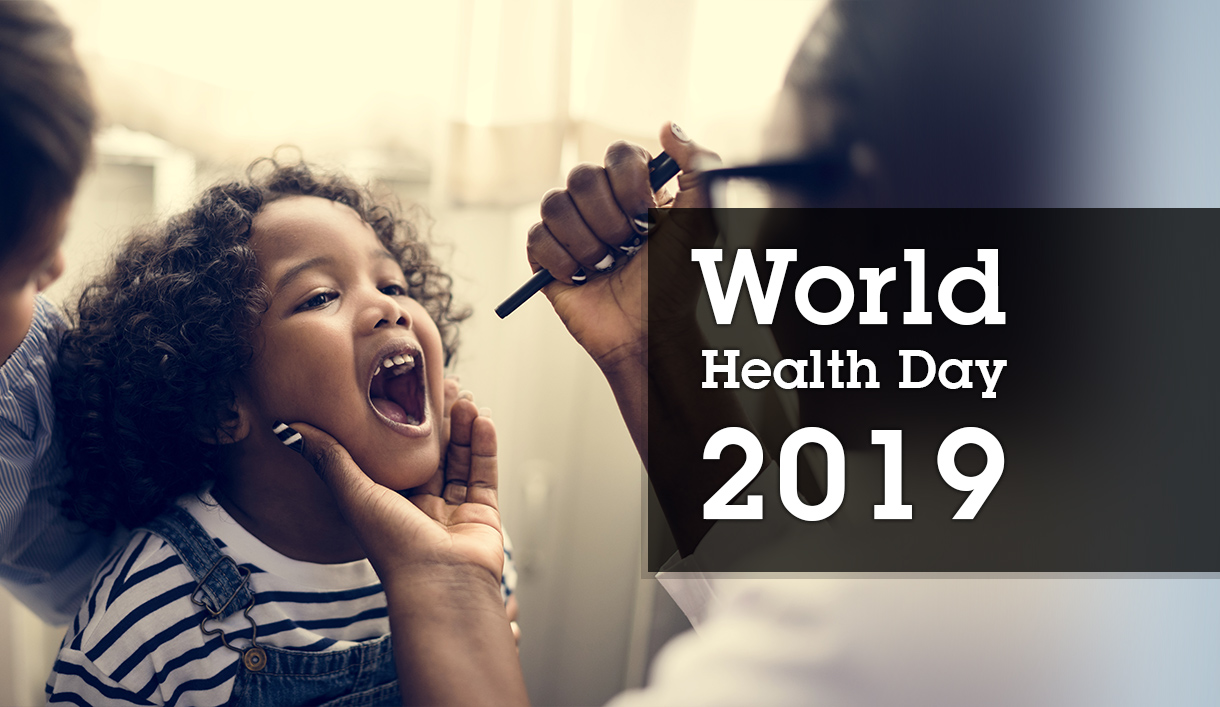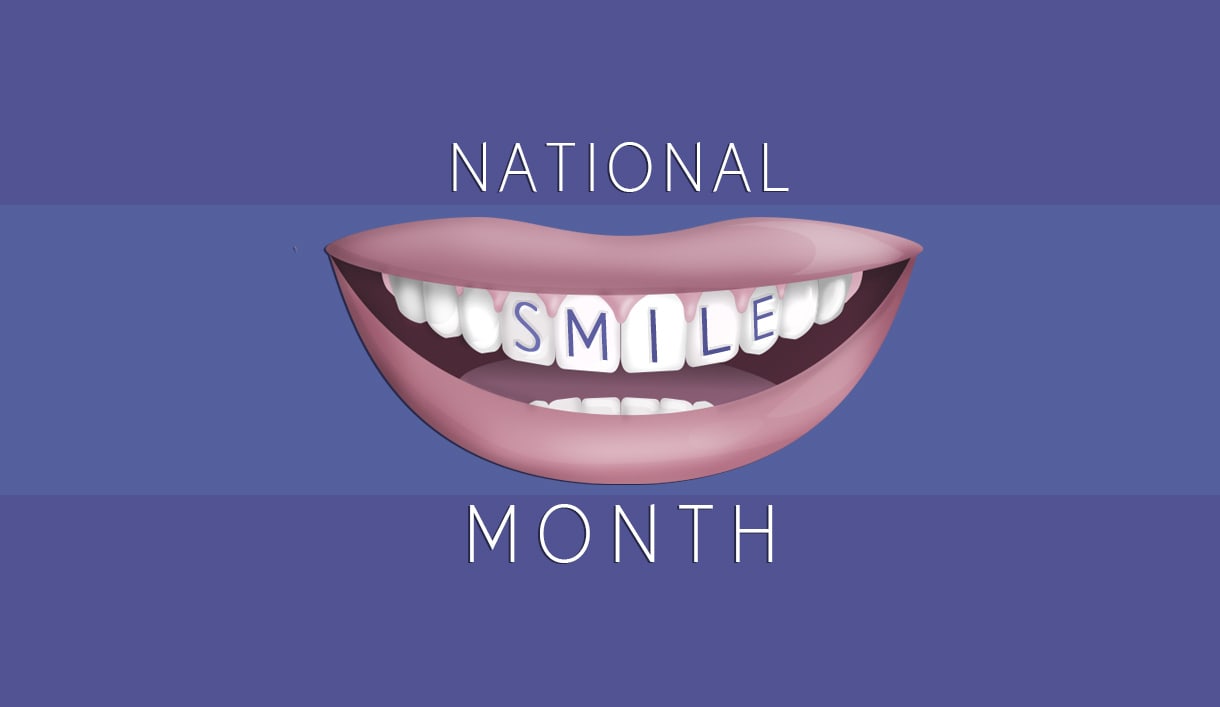World Health Day 2019
Health coverage on a global scale
As anyone who has had a close-call with it can tell you, health matters.
At SHEilds we offer Health, Safety and Environmental Management training. As such providing access to professional knowledge on management of worker health and well-being is a major part of what we do.
Much is made of the impact effectively managing health has on a workforce, with emphasis commonly placed upon the positive effects it can have on output versus the negative ones occurring in its absence.
Given that good Health is acknowledged to have a widespread impact within a workplace, what does it say about health coverage on a global scale?
With World Health Day 2019 the World Health Organisation (WHO) challenges us all to ask; how big a difference could global health care make around the world and how can we achieve it?
Globally inconsistent
While progress has been made in many regions, healthcare coverage remains globally inconsistent with an enormous human cost.
Considering some of the key statistics and observations from WHO and other sources:
- 100 million people are forced into extreme poverty annually thanks to the costs of healthcare, while around half the world’s population don’t receive the care they need*1.
- Unsafe or low-quality health care costs trillions of dollars/pounds*1.
- As recent as 2010,7% of the world’s population – roughly 808 million people – spent 10% or more of their total income to paying for healthcare*2.
- In 2015, estimates show 303,000 women died as a result of complications from pregnancy or childbirth. 99% of these deaths were occurred within low- or middle-income countries*2.
- As of 2017, significant discrepancy exists between rural and urban areas in regard to care during births. 42% of countries show a notable difference in coverage of professional attendance.*3
- 27% of countries around the world have no policies or haven’t implemented policies to guarantee unemployed access to healthcare*3.
- Little to no funding is provided for mental health in 42% of countries*4.
- Within 25 countries of typically lower or lower-middle income, less than half of the residents has access to radiotherapy treatments for cancer*4.
As it stands, region and wealth continue to have a great impact upon the quality of healthcare received. An inequality that the WHO believes can be fixed.
Progress in healthcare
Lest the picture appears to be all doom and gloom, it is worth mentioning (and celebrating) that progress in healthcare has been made. Progress which can be taken even further with a united effort:
- Global life expectancy continues to rise; people surviving beyond the age of 65 is 668 million as of 2019 – 6% of the world population*5.
- Technological advancements such as virtual resources are supporting health workers to help them work more efficiently.
- In 92% of countries there are policies in place to guarantee children access to healthcare*3.
- Substantial progress has been made fighting diseases; more than 83% of countries have either eliminated malaria or are making progress fighting it*4.
- Between 2012 and 2017 smoking has notably fallen in 83% of the world’s countries, subsequently reducing related diseases such as cancer*4.
The ongoing mission
The ongoing mission of the World Health Organisation is a goal we should all be able to agree upon. Just as we might raise concerns regarding the wellbeing of colleagues, access to healthcare for every human being on the planet should be a universal concern.
The WHO asserts that universal health care is a human right, and an achievable one providing support is given that can be made a reality.
Want to help raise awareness and drive action?
–
SHEilds Ltd
Sources
*1 https://www.who.int/campaigns/world-health-day/world-health-day-2019/key-messages
*2 https://www.weforum.org/agenda/2018/06/this-is-the-state-of-the-world-s-health-in-numbers/
*3 https://accesstohealthcare.eiu.com/infographics/equityofaccesstohealthcare/







Leave a Reply
Want to join the discussion?Feel free to contribute!